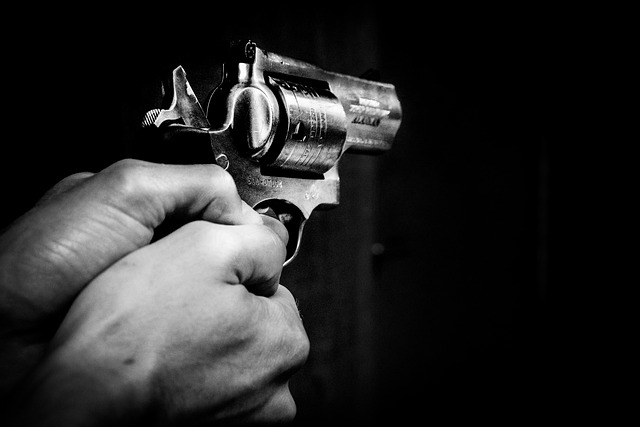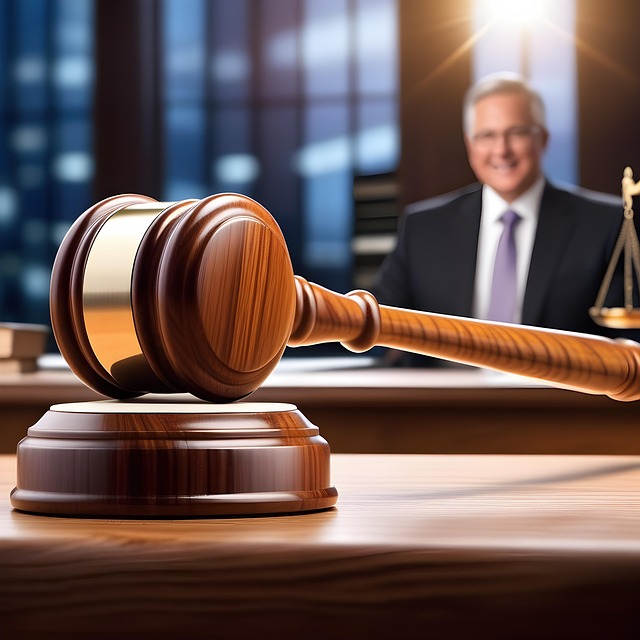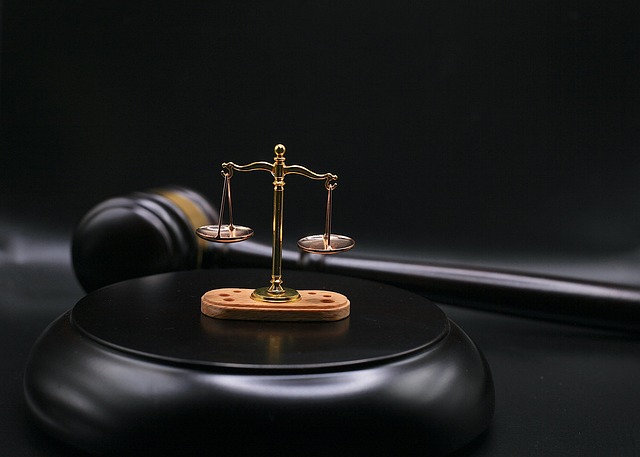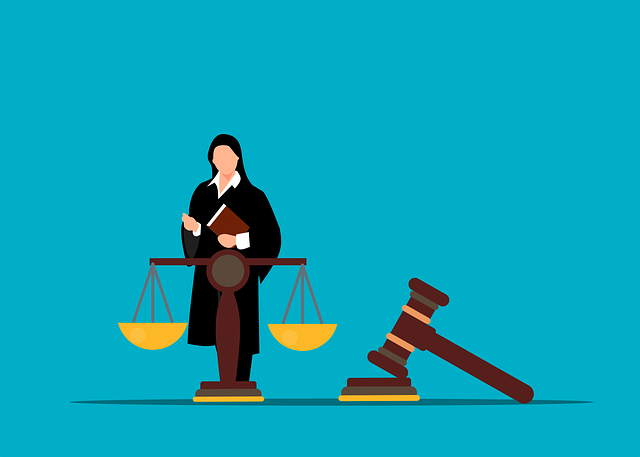Criminal defense lawyers with in-depth criminal proceedings expertise navigate complex legal systems, providing specialized knowledge from initial investigations to appeals. They interpret laws, understand evidentiary rules, identify strategic defenses, and stay updated on case law. Through evidence gathering, cross-examinations, expert witnesses, and compelling narratives, they challenge prosecution claims. Experience in courtroom procedures, motions, and appeals ensures fair representation, mitigating sentencing, and advocating for clients' rights throughout criminal defense matters.
“In the intricate landscape of criminal justice, comprehensive legal services are pivotal for navigating complex criminal defense matters. This article unravels the critical components of effective representation, offering a detailed guide for those seeking guidance. From understanding the nuances of criminal proceedings expertise to mastering courtroom advocacy, we explore the roles and responsibilities of legal professionals. Join us as we delve into strategies for building robust defenses, evidence management, and navigating post-trial processes, ensuring a thorough exploration of your rights.”
- Understanding Criminal Proceedings Expertise
- Roles and Responsibilities of Legal Professionals
- Strategies for Effective Criminal Defense
- Building a Strong Case: Evidence and Testimony
- Navigating Courtroom Procedures and Advocacy
- Post-Trial Processes and Appeals: A Comprehensive Guide
Understanding Criminal Proceedings Expertise

Navigating criminal proceedings can be complex and daunting, which is why having a team with deep criminal proceedings expertise is indispensable. This specialized knowledge encompasses every stage of the legal process, from initial investigations and arraignments to trials and appeals. Legal professionals equipped with this expertise are adept at interpreting intricate laws, understanding evidentiary rules, and recognizing potential pitfalls in strategic defense planning.
They stay abreast of evolving case law and legislative changes that can significantly impact a defendant’s rights and options. This ongoing education ensures their clients receive the most effective representation possible throughout every critical phase of criminal defense matters.
Roles and Responsibilities of Legal Professionals

Legal professionals involved in criminal defense play a pivotal role, guiding individuals through complex criminal proceedings. Their expertise is crucial in navigating the intricate legal system, ensuring fair representation for clients facing charges. These professionals have diverse responsibilities, including gathering and analyzing evidence, conducting thorough investigations, and developing robust defenses tailored to each case’s unique circumstances.
They also communicate with clients, explaining legal options, strategies, and potential outcomes clearly. During trials, they present arguments, cross-examine witnesses, and advocate for their clients’ rights. Moreover, they stay updated on relevant laws and legal precedents, ensuring their strategies are aligned with current criminal justice practices. Their dedication to upholding justice and protecting their clients’ interests forms the backbone of effective criminal defense services.
Strategies for Effective Criminal Defense

A successful criminal defense strategy hinges on a thorough understanding of the client’s case and the intricate nuances of criminal proceedings expertise. Lawyers specializing in this field employ various tactics to ensure their clients’ rights are protected and the best possible outcome is achieved. One key approach is to scrutinize the evidence, challenging its admissibility and accuracy. This involves cross-examining witnesses, often with the help of expert witnesses who can provide counter-opinions or reveal inconsistencies in the prosecution’s case.
Another effective strategy is to build a compelling narrative that presents the client’s actions or circumstances in a favorable light. Defense attorneys may leverage their criminal proceedings expertise to navigate complex legal procedures, file motions to suppress evidence, and negotiate plea deals. They also play a crucial role in mitigating sentencing by highlighting factors that could influence the judge’s decision, such as character references, rehabilitation efforts, or extenuating circumstances surrounding the crime.
Building a Strong Case: Evidence and Testimony

Building a strong case in criminal defense starts with meticulously gathering and evaluating evidence. This includes physical evidence, witness testimonies, and expert opinions that can challenge the prosecution’s narrative. Skilled criminal defense attorneys leverage their extensive knowledge of legal procedures and evidence rules to ensure every piece of information is considered, analyzed, and presented effectively within the confines of criminal proceedings expertise.
Testimonies from witnesses, particularly those with firsthand knowledge of the events, are crucial. Defense attorneys cross-examine these witnesses to uncover inconsistencies or weaknesses in their accounts. Expert witnesses, such as forensic specialists or medical professionals, play a vital role by providing unbiased analyses that can either corroborate or contradict the prosecution’s case, further strengthening the defense strategy.
Navigating Courtroom Procedures and Advocacy

Navigating courtroom procedures is a critical aspect of criminal defense, where attorneys with extensive experience in criminal proceedings play a pivotal role. Their expertise ensures that defendants’ rights are protected and that every step of the legal process is handled with precision. From understanding complex rules to presenting compelling arguments, these professionals guide clients through the often-intimidating judicial system.
With their deep knowledge, they can anticipate potential issues, craft effective strategies, and advocate for their clients’ best interests. This includes mastering evidentiary rules, knowing when to object, and skillfully cross-examining witnesses. By employing these tactics, attorneys equipped with criminal proceedings expertise enhance the chances of a favorable outcome in court, ensuring justice is served.
Post-Trial Processes and Appeals: A Comprehensive Guide

The post-trial phase in criminal defense is a critical period where a defendant’s fate hangs in the balance. It involves meticulous processes designed to ensure fairness and adherence to legal principles. Here, experienced criminal defense attorneys play a pivotal role, guiding clients through intricate appeals and motions. Their expertise in navigating complex legal systems is invaluable, as they delve into every aspect of the case, scrutinizing evidence, identifying procedural errors, and crafting compelling arguments to advocate for their client’s rights.
Appeals processes are detailed and demanding, often requiring extensive research and documentation. Defense attorneys must be well-versed in appellate laws and procedures, presenting cases before higher courts with strategic clarity. This comprehensive guide ensures that clients understand the post-trial landscape, empowering them to make informed decisions while relying on their counsel’s criminal proceedings expertise throughout this challenging journey.






